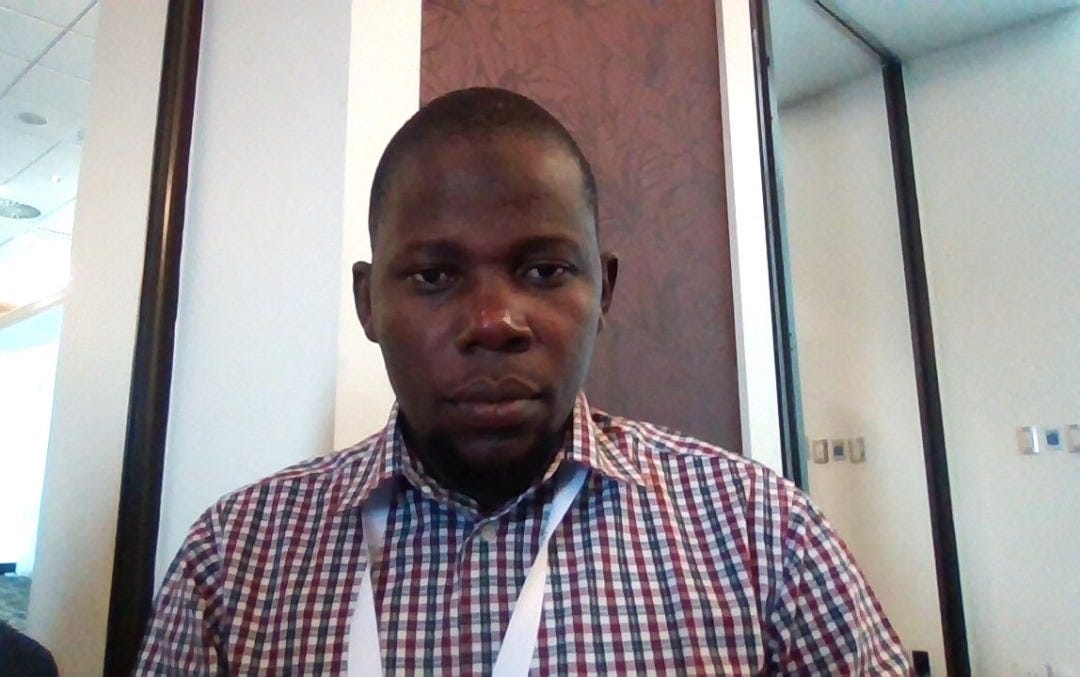Locals Lament Mining Firms Fail to Transform Lives
The number of women working in mining increased significantly from around 11,400 in 2002 to around 53,000 in 2015, rising to 54,154 in 2018.
Johannesburg, South Africa- The Qadria Muslim Association of Malawi (QMAM) says the mining industry in Malawi does not benefit local communities despite several mining activities taking place, writes Meclina Chirwa.
QMAM program officer Bismas Ismael said during a regional dialogue on energy and climate in Johannesburg, South Africa, "For a long time, the legal framework in Malawi has not necessitated the beneficial aspect for communities."
According to Ismael, companies have only provided things like boreholes that don't transform people's lives because they cannot be legally forced to assist communities beyond corporate social responsibility.
"There are a lot of mining activities happening in Malawi yet people continue to suffer," Ismael said.
"We need to intensify awareness among communities for them to fight for their rights."
Edah Chimya with the Zambian Alliance Women said women working in mining face additional challenges because of their gender, especially when alone in dark areas.
"Mine management needs to address this issue and ensure that women are not exposed to dangerous situations that could lead to sexual abuse or even murder," she said.
Chimya lamented that women are underrepresented at all levels in mining companies, yet opportunities remain to boost female recruitment, retention and advancement.
Women represent 8 to 17 percent of the global mining workforce.
The number of women working in mining increased significantly from around 11,400 in 2002 to around 53,000 in 2015, rising to 54,154 in 2018.



